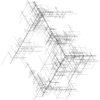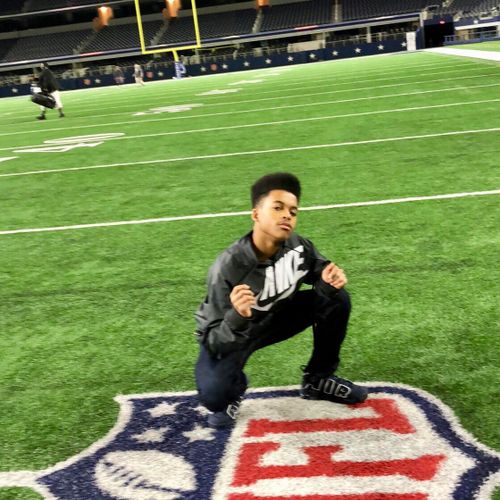each kunyomi is associated with a word, lets look at 止 for a second:
とめ.る = 止める
とど.め = 止め
や.める = 止める
と.まる = 止まる
とど.まる = 止まる
や.む = 止む
よ.す = 止す
ーさ.す =-止す
(and probably some more)
some of these words you will probably come across in your first year of learning or so. Some of these words you might never come across / use. Which is part of the reason why i stated before that learning all kunyomi's with respect to a kanji doesn't give you as much bang for your buck than one would hope. In reality it leads to frustrating moments with kanji's such as 止, 生 and 行, and maybe even just straight up fatigue and aversion to learning those pesky scribbly chinese thingies.
There are 2 ways of going about this.
Firstly DON'T learn all kun's / on's. Only learn common ones. Which are common? Yeah well JapaneseClass doesn't really tell you. It's a fun platform to use casually but it lacks some options/levers here and there. The kanji dictionary at
https://www.renshuu.org also shows you when THEY learn a specific reading in school, or if they don't at all. Note how in the example above you write とめる and やめる the same way in kanji? yeah, they don't. they usually only write とめる as 止める and just write やめる without kanji. consequently they simply don't learn the reading やめる for 止める in school.
http://www.yamasa.org/ocjs/kanjidic.nsf/SearchKanji3 only displays readings that are learned in school. and then there is
http://www.kanjidamage.com which only displays the readings they find to be most common in everyday life (generally giving the least readings of the 3)
Now learning kun's is all fine and dandy, but what you basically did was learn the pronunciation of a specific word that has something to do with the meaning of the kanji. that's like being able to correctly utter the word "surf" without knowing its meaning (surf what? like on water? the internet?) Most digital kanji/vocab learning platforms introduce kanji into your vocab once you have seen said kanji in their kanji quizzes. it is only then that you have somewhat of a grasp of what you learned to utter previously. So my advice, have a glance at the common once, but don't go hardcore learning them, you'll get to the word eventually and only then does the reading become actually useful.
March 20, 2018 at 11:33pm


